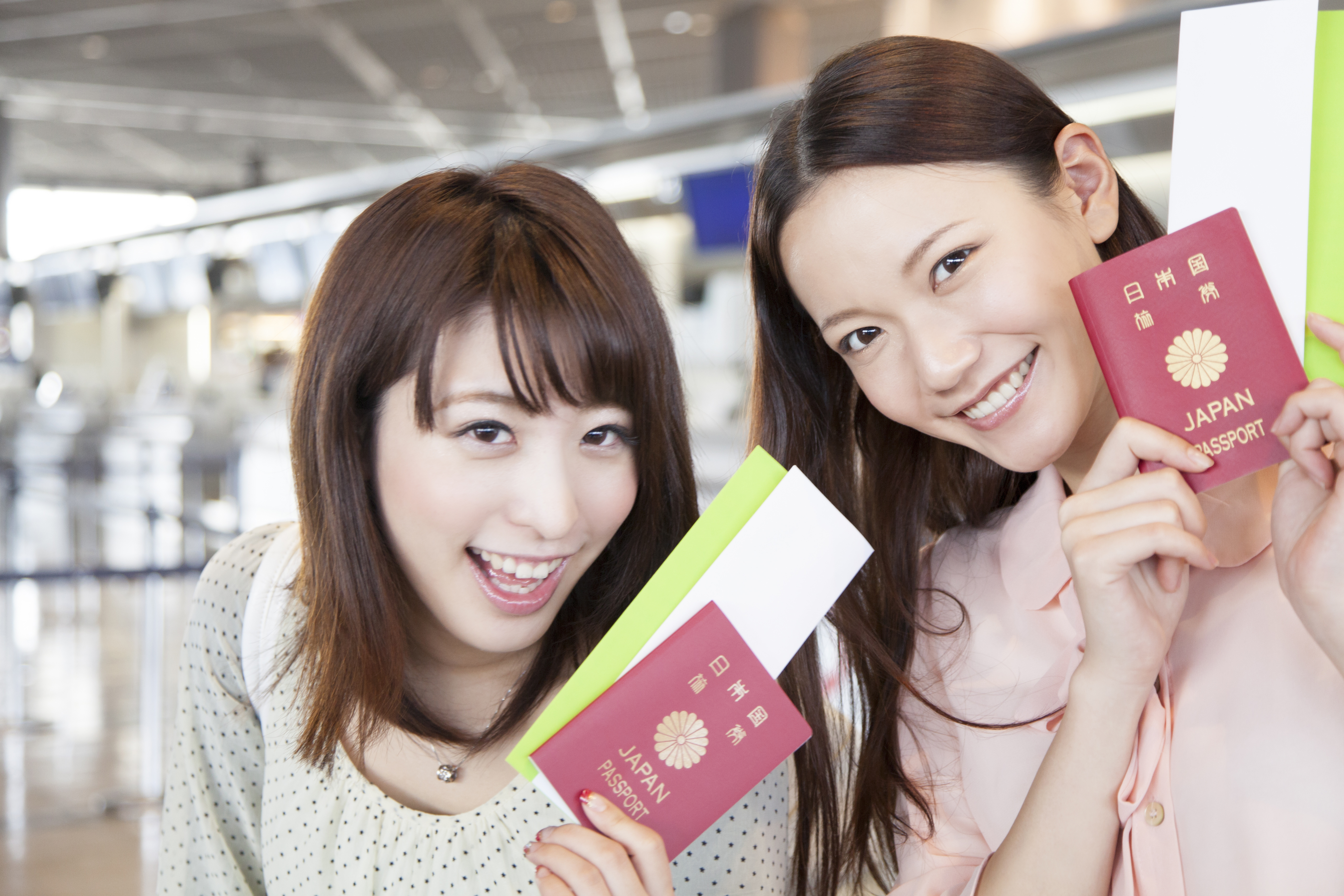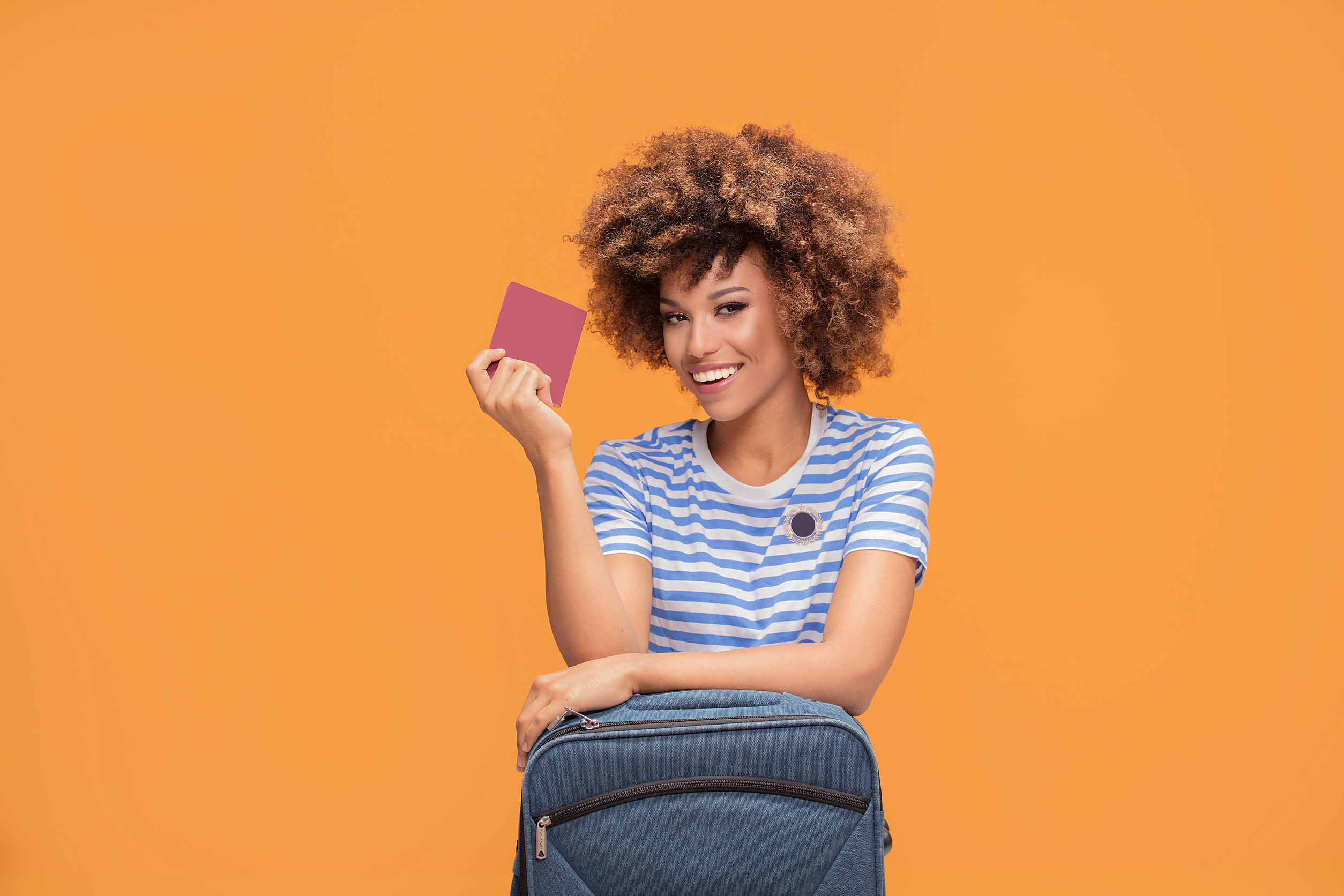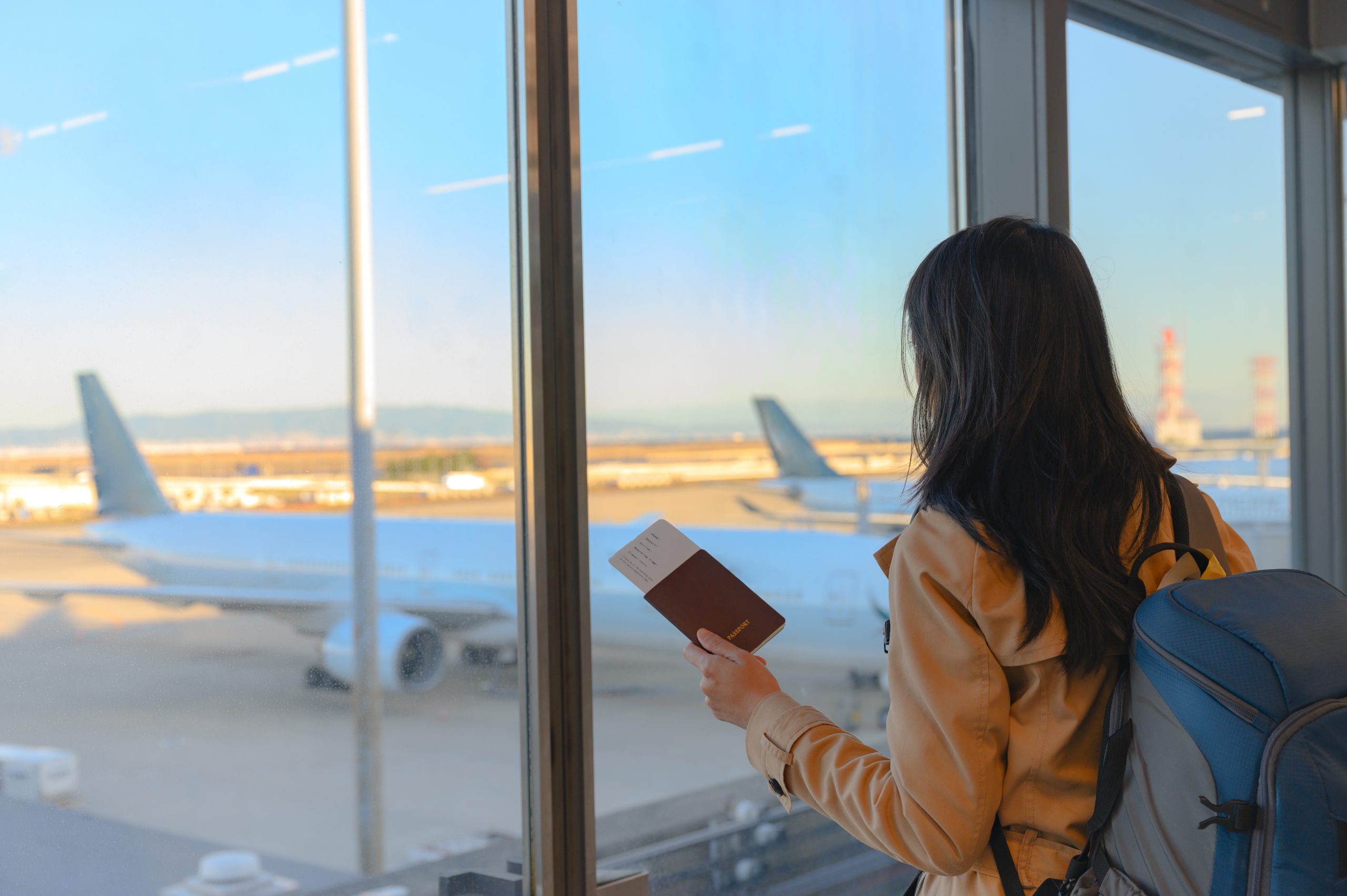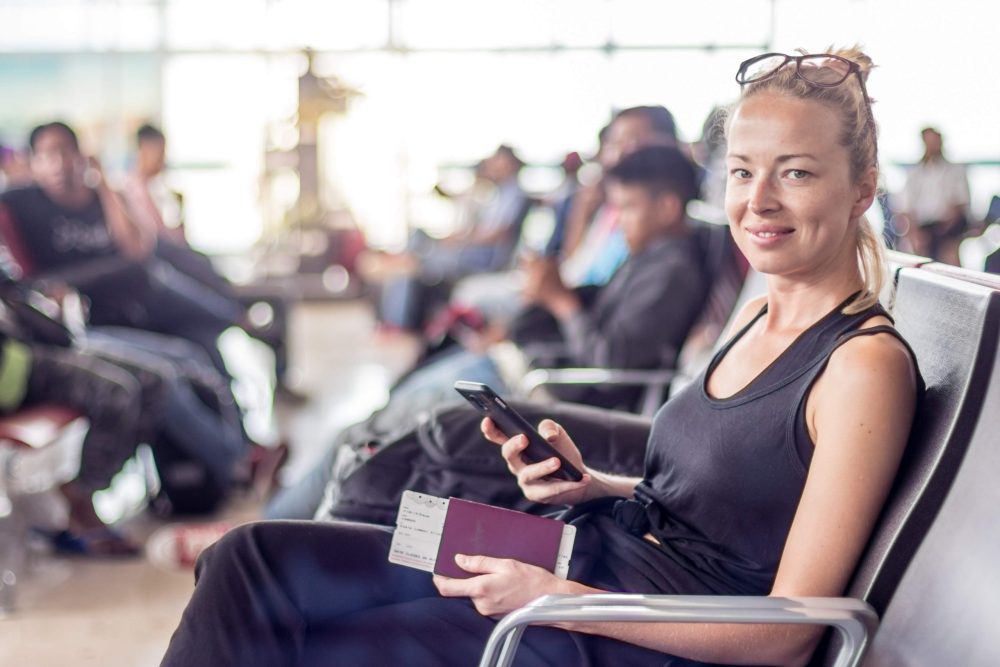Vietnam reopen visa application (e-visa & visa on arrival) for citizens of Ireland starting from March 15, 2022
As a result of the Covid 19 pandemic, several countries around the world have imposed entry bans for all foreign visitors. Vietnam is one of them. During the height of the coronavirus crisis, the Southeast Asian nation decided to temporarily stop accepting visitors. In line with this, they have temporarily suspended the issuance of tourist visas for all foreigners including Irish citizens.
But the suspension is just temporary. In fact, Vietnam is once again opening the tourist visa application for all foreigners who plan on entering the country for a holiday, business, or other purposes. As for Irish citizens who plan on going to Vietnam soon, you will have two options for your visa, the e-visa and visa on arrival. Read on to find out what each of this visa is for and how you can get them.
👉 Requirements for International Tourists to Enter Vietnam Starting March 15, 2022
Vietnam E-visa for Citizens of Ireland
The e-visa is perhaps the most popular of all Vietnam visas. If you ask any Irish citizen who has been to Vietnam of what visa they can recommend, they will most likely tell you to get the e-visa. That’s because this visa is easy to avail. You can just go online and apply. There’s no need to schedule an appointment with the embassy or queue at the airport. Once you are approved of this visa, they will send you a PDF copy and you can just print it out. This is what you will present at the immigration when you arrive.
The Vietnam e-visa is good for single entry and will let you stay in the country for 30 days. What’s great about this visa is that it’s acceptable in several points of entry. You can use this to enter at seaports, land borders, and the airport. So it’s great for those who are on a cruise and are crossing to Vietnam by land.
Vietnam Visa on Arrival for Citizens of Ireland
Applying for the Vietnam Visa on Arrival is easy, which is why this is another visa that’s highly recommended to Irish citizens who plan on visiting the country. As you might have guessed, this visa can be obtained upon arrival. However, before you can get this visa at the airport, there are certain requirements you need to fulfil.
Before your trip, make sure you register online. Fill out the visa application form ahead of time. Provide your complete name, nationality, and other important details. Review the form before you submit to avoid any delays in your visa application form. In about 3 – 5 business days, you’ll receive an email for the pre-approval letter.
You will also be sent a blank application form along with the letter. Print them out and fill out the application form. You need to submit these at the visa counter at the airport in order to be given the visa on arrival. Take note that you’ll also be asked to pay for $25 at the counter. This is for the stamping fee and you can pay this with cash. They accept the US dollar and the local Vietnamese dong currency.
Photo Guide
The good thing about the visa on arrival is that you have the option to get a multiple-entry visa. Plus, you can enjoy a maximum stay of 60 days in the country. This visa is a great choice for Irish visitors who are staying in the country for longer than 30 days.
Which Visa Should You Choose?
Now that Vietnam has once again opened the issuance of visa to the country, all Irish citizens can now visit the Southeast Asian country for a holiday. Both the e-visa and visa on arrival are easy to apply. You can just go online, which means you can apply for the visa right at the comfort of your home. But should you choose the e-visa or the visa on arrival? Read on to find out.
The e-visa is the most convenient visa to apply. You just fill out the application form online and you will already be given a visa that you can use to enter the country. What’s more, you can use the visa to enter through the port or land borders. But this is only good for single entry and the maximum stay is only 30 days.
For Irish travellers who wanted to stay in Vietnam for up to 90 days and intends to enter multiple times, then the Visa on Arrival is what you need. This visa will allow you to choose between a single entry and multiple entries and with a maximum stay of 90 days. Unfortunately, this visa can only be claimed at some of the major airports in Vietnam. So for those who are crossing borders by land, this visa is not recommended. Also, Irish visitors who are on a cruise should get the e-visa since that visa can be accepted at the seaports.










